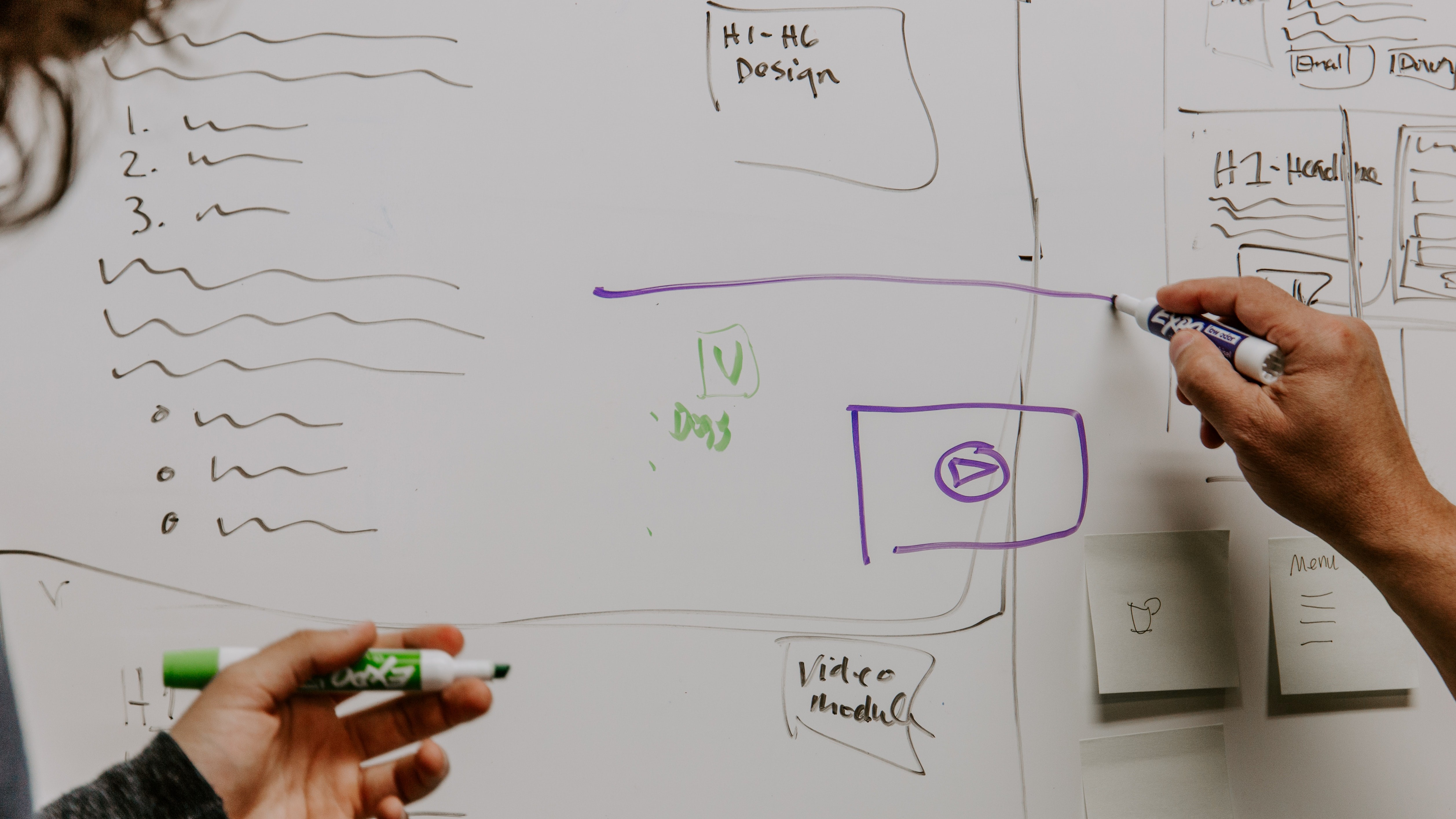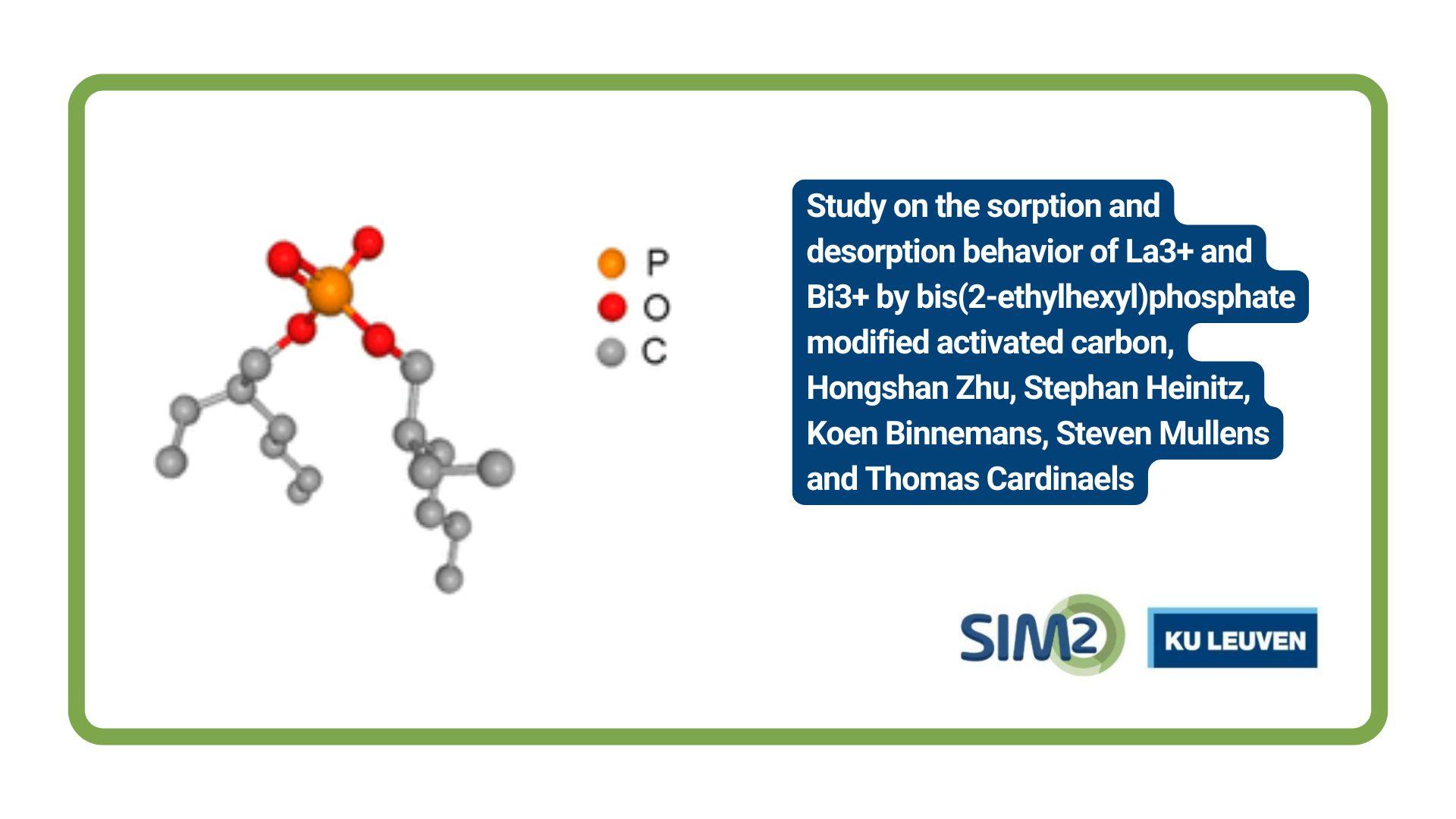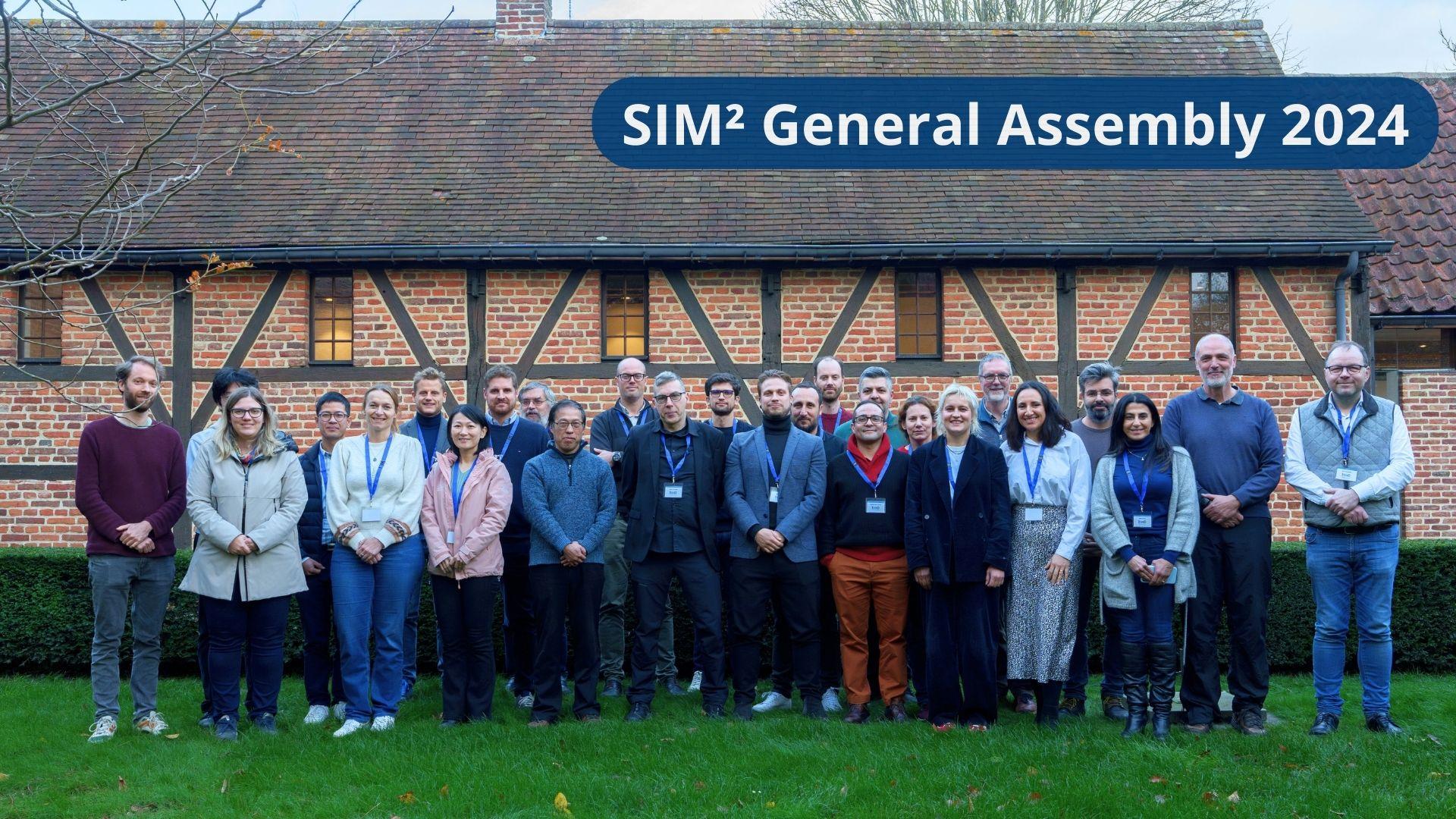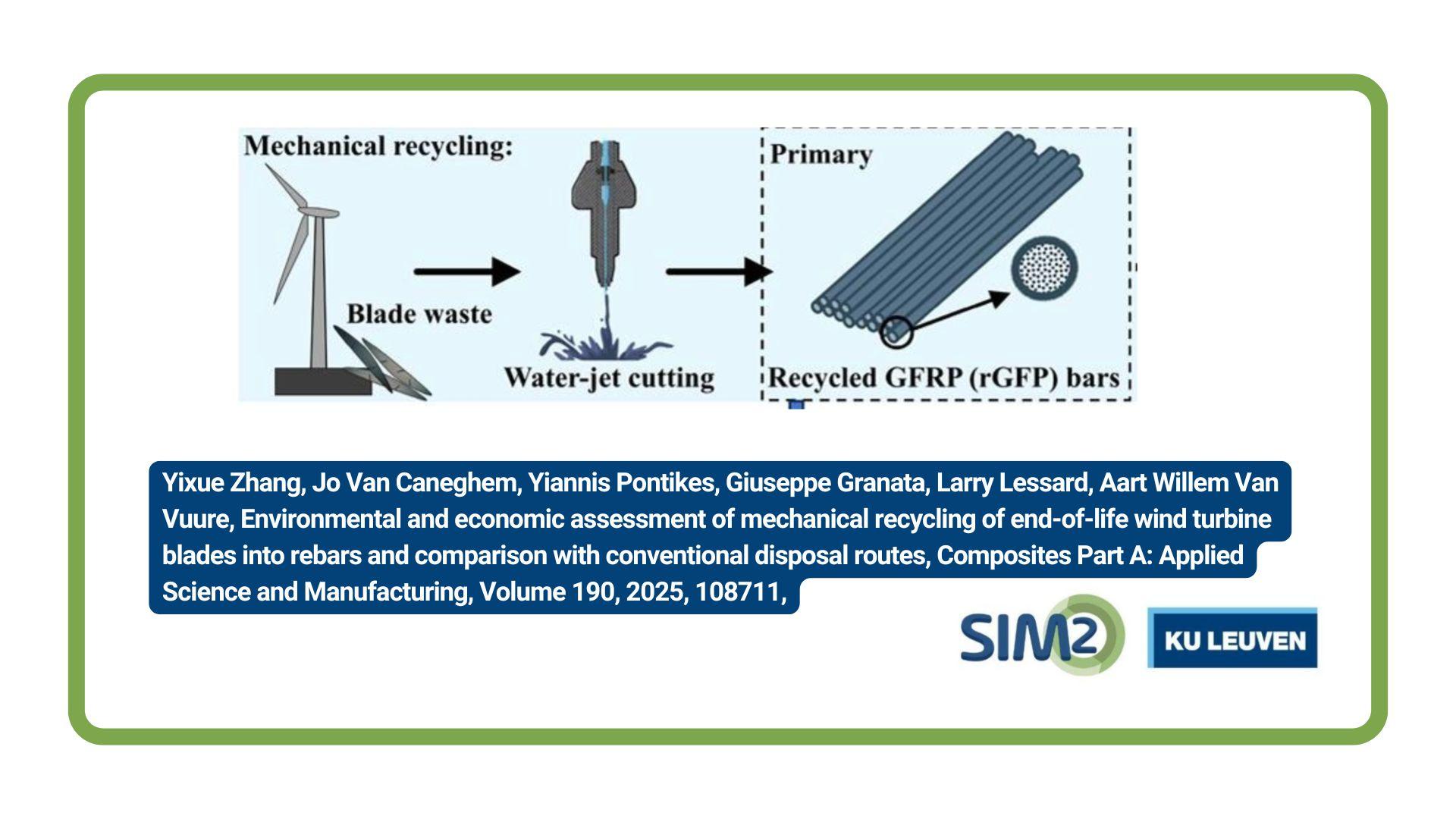SIM² KU Leuven and MRC are delighted to announce that they secured funding for a new EIT RawMaterials education project (DocSumECE). In 2021 and 2022, we and our European partners will organize several PhD summer schools (face-to-face or online) on Entrepreneurship in the Circular Economy. Our combination of an online pre-learning phase and the on-site / virtual summer school is a proven concept that brings together students from universities and research centres with industrial partners. Interdisciplinary teams work on real case studies on materials challenges in the transition towards a circular economy. At the end of the summer school, the students pitch their result to turn an idea into an innovative business solution. The international consortium is led by KU Leuven (Prof. Karel Van Acker and Marion Bechtold) and receives EU funding of 400 k€. Follow SIM² to stay updated.
UN SDGs
The fundamentals of the Circular Economy (CE) are considered a key to support the “European Green Deal” and the UN “17 Sustainable Development Goals” (SDGs), fighting against climate change, depletion of resources, excessive consumption and exorbitant waste streams.
The Circular Economy provides ideas and methods to keep materials longer in the value chain, both by rethinking traditional business models and mind sets and by innovative technological solutions. It is a key to make cities sustainable, reduce waste, increase recycling rates, enhance the percentage of clean energy.
Within this framework, our PhD summer school offers a unique learning opportunity to PhD students who want to enrich their scientific expertise with entrepreneurial skills within the challenging domain of the transition towards a circular economy.
Entrepreneurship and the CE
The program comprises a remote pre-learning phase on entrepreneurship and the circular economy and a 5-day on-site or virtual summer school. The PhD students are trained to assess the economic relevance of their research, its scalability and potential for turning it into a business. Furthermore, they learn how to increase impact by addressing global challenges and circular thinking.
During the 5-day summer school, the students form interdisciplinary teams to work on a real industrial materials challenge put forward by raw materials experts and industrial partners. At the end of the summer school, the students pitch their result to turn an idea into an innovative business solution.
Ecosystem of learners
With our program, we bring together researchers from universities and research centres with industrial companies. Industrial partners get to know highly skilled and motivated PhD students who may become future employees or project partners. At the same time, PhD students get to know industrial companies, learn about their needs, scopes and way of thinking.
Our experienced mentors, coaches and trainers not only bring in their expertise and experience, but also offer a direct link to their professional network. The Summer School series initiates an ecosystem of learners consisting of PhD students, professionals and wider society and creates, as such, a solid basis to fully exploit the entrepreneurial potential of all those involved.






